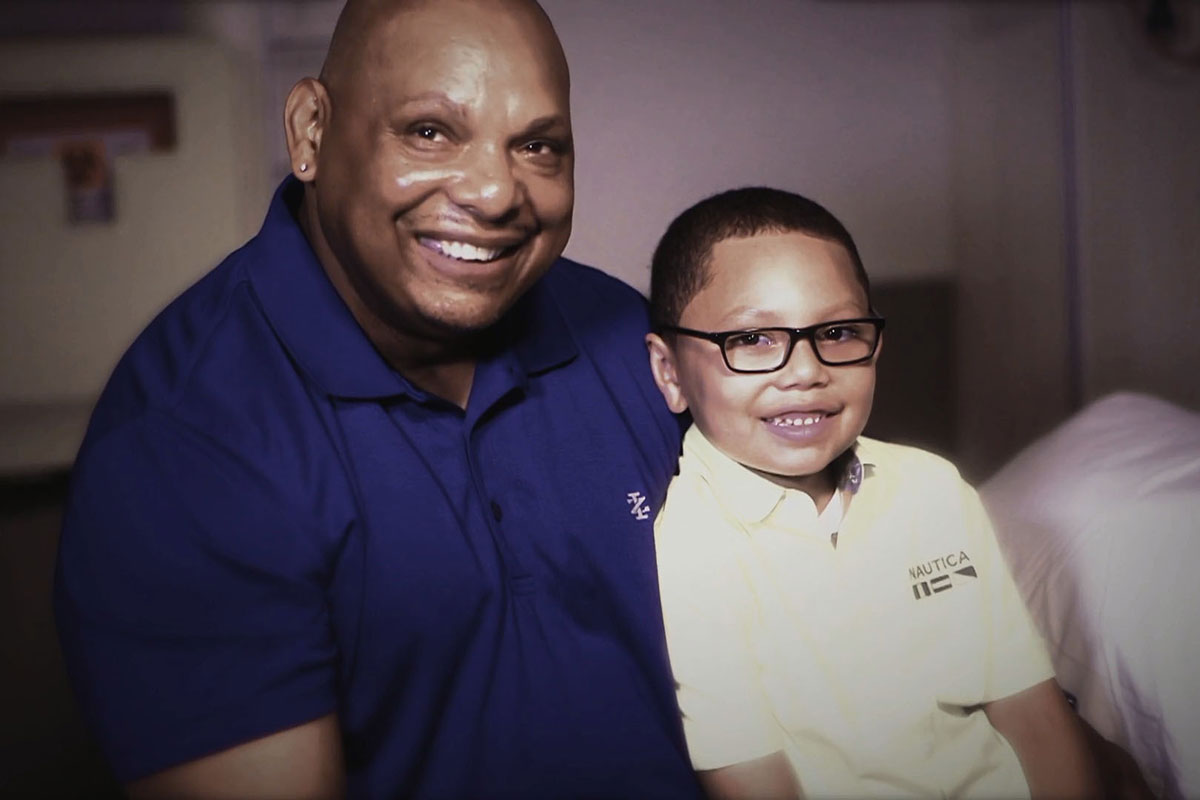Stroke deaths have become more top of mind after the recent deaths of Luke Perry and John Singleton have made national news. A stroke can affect anyone, but the likelihood increases with age.
After the age of 55, the risk of stroke doubles every decade. In these two celebrity cases, however, people were stunned that two younger men, in their early 50s, suffered strokes and died as a result. It is an unfortunate reminder that strokes can affect younger adults, too. Over the last 10 years, there has been a 44% rise in the number of young adults (18 to 65) hospitalized for strokes.

“Most strokes occur in people 65 or older, but about 10% of strokes occur in people under 45 years old,” says Dr. Gracia Mui, co-director of UConn Health’s Stroke Program and Intensive Care Unit. “Often younger people do not recognize they are having a stroke because it’s usually seen in the older population.”
According to the American Stroke Association, stroke is the second leading cause of death worldwide and is a major cause of serious disability for adults. In the U.S., where stroke is the fifth leading cause of death, approximately 795,000 people suffer from a stroke annually, and over 146,000 die as a result.
If someone is suffering a stroke, would you know what to do? Do you know the signs they would present? It is important to be aware of the signs and symptoms, and you can help by calling 911 immediately. Time is of the essence. Here are the signs you should look for:
- Sudden numbness or weakness in the face, arm, or leg, especially on one side of the body
- Sudden confusion, trouble speaking, or difficulty understanding speech
- Sudden trouble seeing in one or both eyes
- Sudden trouble walking, dizziness, loss of balance, or lack of coordination
- Sudden severe headache with no known cause
 To save a life, remember: Balance, Eyes, Face, Arm, Speech, Time. BE FAST, and call 911.
To save a life, remember: Balance, Eyes, Face, Arm, Speech, Time. BE FAST, and call 911.
“It is important that everyone recognizes the signs of stroke, regardless of age, and the need for calling 911 immediately once stroke symptoms are recognized,” adds Mui. “The causes of stroke in younger people may be different than in older folks, so it is still important to have regular check-ups with your primary care physician. Risk factors like diabetes, high blood pressure, and high cholesterol should be controlled. Also, if you smoke, stop now!”
Stroke is a medical emergency, and every minute counts when you or a loved one suffer a stroke. UConn Health’s Stroke Center works closely with individuals at an increased risk to prevent a stroke from occurring. The team also works with those who experience a warning stroke or transient ischemic attack (TIA) to reduce the likelihood that a major stroke will follow. The team of experts provides comprehensive care upon arrival to the emergency department all the way through to their stroke recovery, and the physicians are trained in the latest procedures and technology to ensure a rapid response.
Perry’s and Singleton’s deaths help to bring a heightened awareness of taking measures to reduce your stroke risk.
As National Stroke Awareness Month continues, we will focus on the preventive measures next. Check back for more information on how to reduce your risk.



